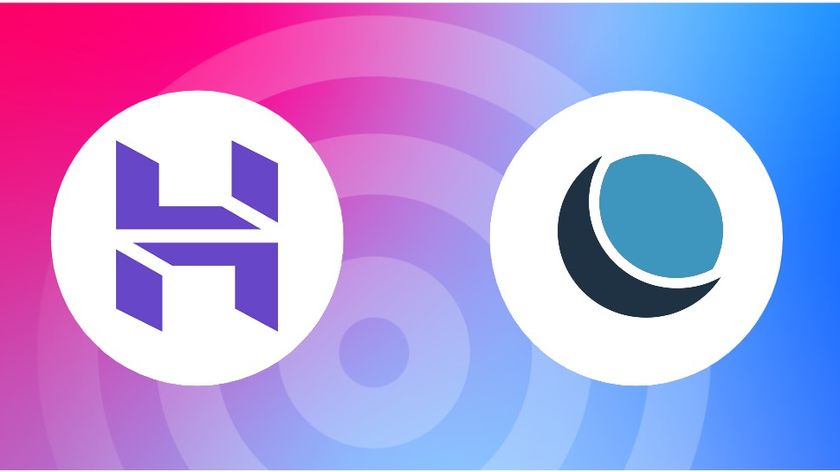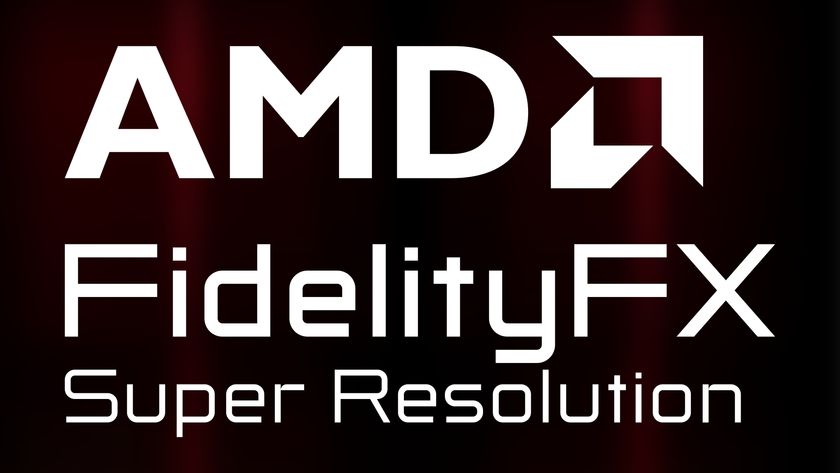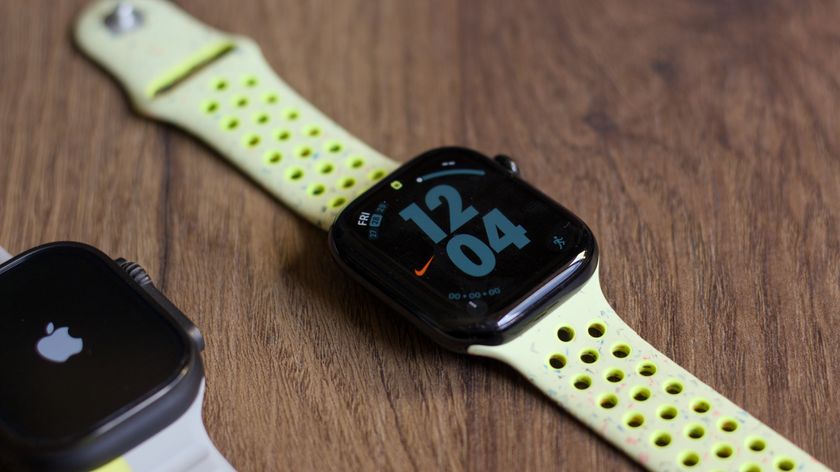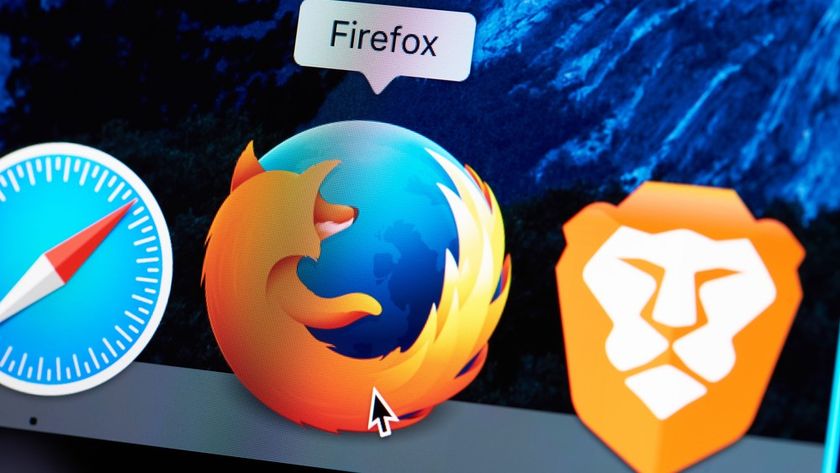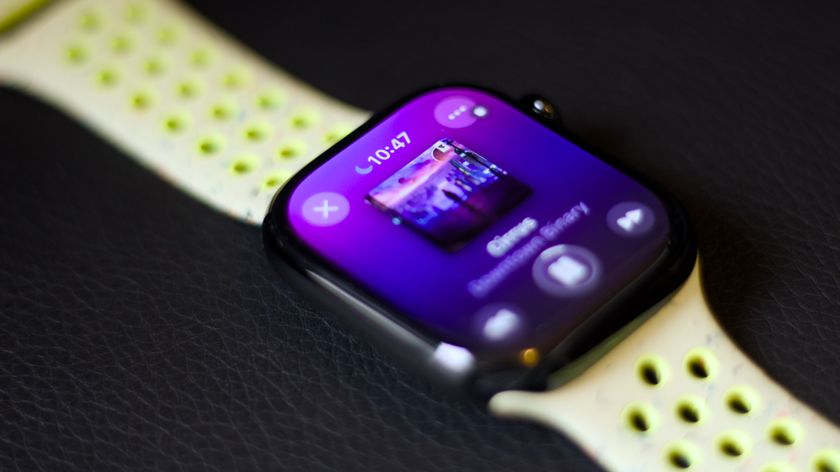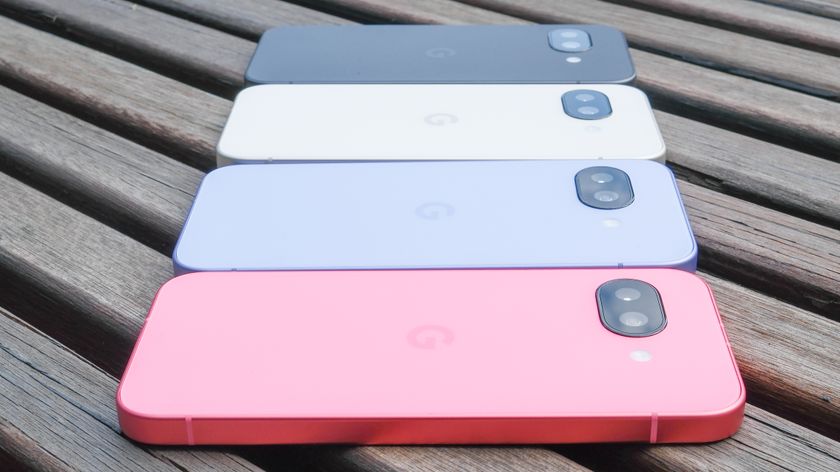Can a Chromebook really replace your Windows machine?
Google's laptops may be ready to challenge Microsoft's dominance
Handily, Pixlr Editor is integrated directly into Google Drive, making it easily accessible from Drive's web interface or the Chrome OS file explorer.
It doesn't just stop at Pixlr though - there's plenty of apps to get creative with. Audiotool is a fantastically straightforward music production studio that allows you to make melodies, play with drum machines or synthesisers and much more.
For video, Stupeflix Video Maker is a simple editing suite that costs absolutely nothing if your videos are less than 60 seconds and can produce some reasonably professional results with the right footage.

Media moguls
Chromebooks aren't necessarily targeted at media addicts. The limited built-in storage means you're unlikely to want to load it up with gigabytes of music or video. Fortunately Google provides an obvious alternative to a local media player in the form of Google Music. Not only is big G rather generous with the free storage capacity of up to 20,000 songs, but the entire service makes listening to and purchasing music incredibly easy. Google Music also syncs with Android phones to give you plenty of opportunities to keep some music stored locally.
The search giant hasn't quite got the market cornered in music services for Chrome - there's plenty of streaming services out there such as Grooveshark and Soundtracker, which can fulfil the needs of less picky music tastes.
Video falls into the same kind of streaming groove as music. You're unlikely to have the capacity to store everything locally. Luckily there are now apps available from all the big providers including Netflix, Lovefilm, Blinkbox, YouTube/Google Play and Vdio, all of which offer ways to get your movie or TV fix. And let's not forget the likes of BBC iPlayer, ITV Player and 4oD which work from their own respective websites.
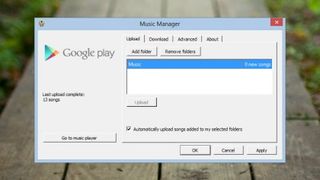
Gaming
Unless you're buying a Chromebook for a child, gaming is unlikely to be at the forefront of your mind when pondering this OS for your next laptop. The lack of high-power machines means that gaming is purely limited to time-killing apps and will likely only keep kids or young teens content. There's no Steam, no big-budget games, and there's unlikely to be any support in the near future for anything other than ports of Android or basic Linux games.
Are you a pro? Subscribe to our newsletter
Sign up to the TechRadar Pro newsletter to get all the top news, opinion, features and guidance your business needs to succeed!
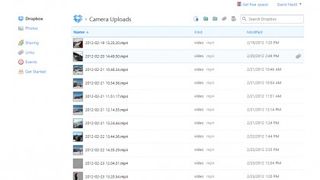
Should you ditch Windows?
Whether you can sling that aging Windows machine in favour of a sleek new Chromebook entirely depends on whether you're prepared to move from potentially pricey software you're already comfortable with, and on to pastures new that rely more on internet connectivity.
Then there's the issue of versatility when multitasking with multiple windows. Microsoft built Windows around being able to quickly switch between program windows, offering a sensible file structure that scales from beginner to pro quite comfortably. ChromeOS is still limited to its browser-based underpinnings, so managing multiple tasks or programs at the same time is more restrictive, limiting you to whatever tasks you can fit in to the browser's tabs.
Chromebooks are clearly marketed towards a different audience than Windows OS users. If anything, the direct competition would have come from the ARM-powered Windows RT. However with the general failure of the Surface RT, the dumbed-down OS has been swept under the rug in favour of fully fledged x86 machines. Meanwhile manufacturers who did dabble in RT have since reverted to full-fat Windows, or else looked to Chrome to fill the entry-level market segment instead.
Chromebooks for business presents an interesting proposition. If you're managing a team collaborating on work, want everything backed up without a thought and kept secure, then the combination of ChromeOS and Google's Apps can be a relatively powerful, if slightly more limited combination.
One of Google's biggest hurdles in convincing people to switch concerns the very subject Microsoft is currently mocking in their latest marketing campaign - privacy. Google has had a bad image when it comes to privacy. After all, its business is in personalising your internet experience and targeted advertising based on your browsing habits.
The more of your life and work you give to Google, the less private you may feel. But you'd be wrong if you think everything you use a Chromebook for will be pored over by Google. The company wants to make money from advertising, not stealing your work.
- Now why not read Who's who at Microsoft (and what they're doing next)

